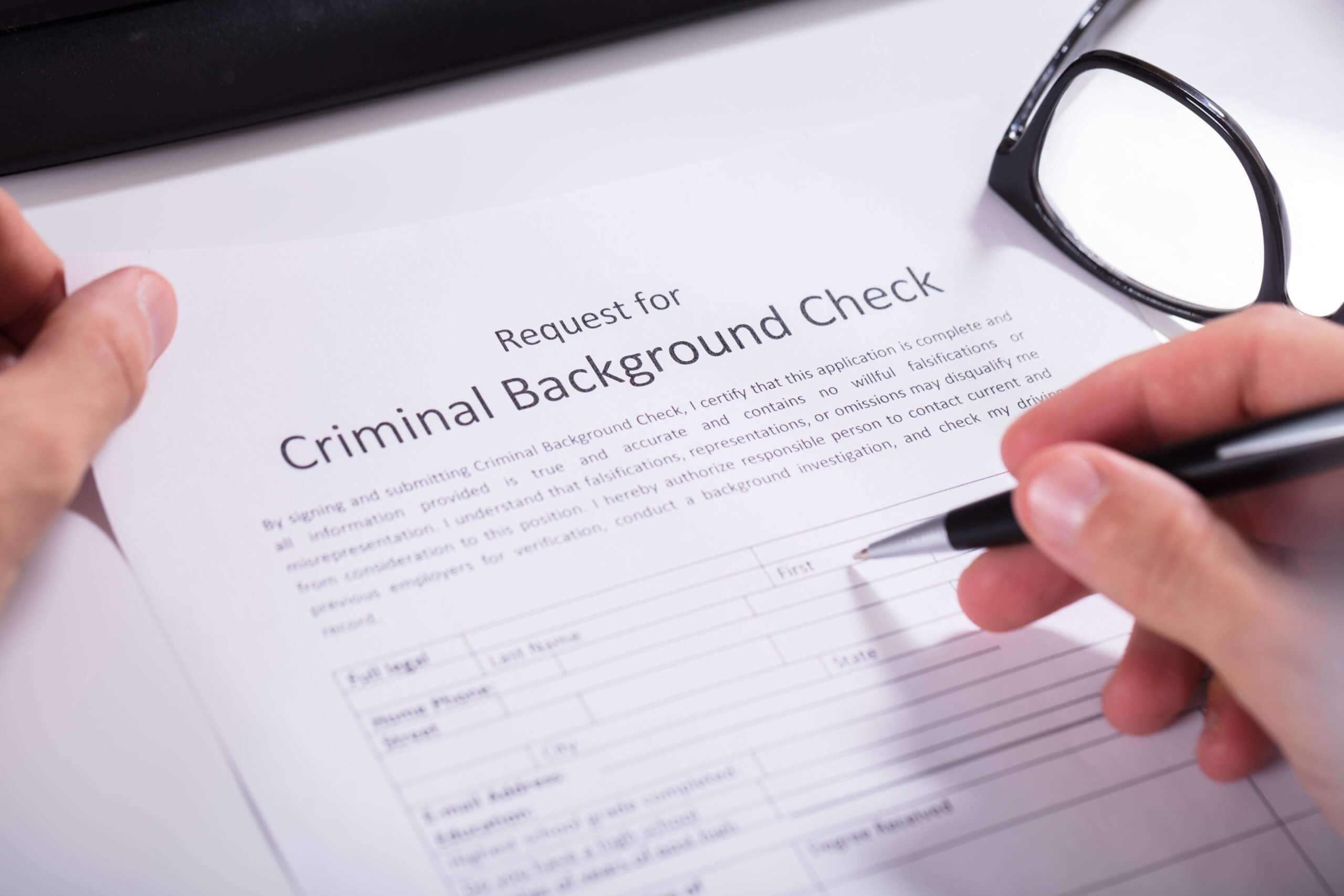On February 16, 2016, the New York City Commission on Human Rights issued proposed rules related to the city’s Fair Chance Act (FCA)—the restrictive ban-the-box law that went into effect in October of 2015 and prohibits employers from inquiring about an individual’s criminal record until after a conditional offer of employment is extended.
Additions & Clarifications
The proposed rules closely mirror the guidance we reported on in November of 2015, although there are a few items that have been clarified or added in the proposed rules. These proposed clarifications and additions include the following:
- The proposal explicitly prohibits job application questions about or requests for applicants’ criminal history information even if the application includes a disclaimer instructing applicants for positions in New York City not to answer the question or request.
- This rule was implied in the guidance and has now been clearly stated in the proposed rules.
- The proposed rules prohibit employers’ use of disclosure and authorization forms authorizing background checks before conditional offers of employment have been made to applicants.
- This prohibition had been implied in the guidance though not stated as plainly.
- The rules define the phrase “business day,” to mean “any day except for Saturdays, Sundays, and all legal holidays of the City of New York.”
- This clarification impacts the interpretation and implementation of the “reasonable time” of “no less than 3 business days” that an employer must wait after sending an applicant a Fair Chance Notice prior to taking a potentially adverse action.
- Under the proposed rules, the three-day waiting period excludes “Saturdays, Sundays, and legal holidays of the City of New York.” So, a three-day period beginning on Wednesday would include Thursday, Friday, and Monday (since Saturday and Sunday cannot be counted).
- The proposals establish an early resolution option for per se violations of the FCA under certain, specific circumstances.
- To qualify for this expedited settlement option, an employer must have employed fewer than 50 employees at the time of the alleged violation, not have any other pending allegations of violations of the New York City Human Rights Law, and have had no more than 1 violation of the Human Rights Law in the past 3 years.
- The proposals impose regulations on employers seeking to claim the Work Opportunity Tax Credit.
- The rules do not exempt such employers from the FCA, but allow them to require an applicant to complete Internal Revenue Service Form 8850 before a conditional offer of employment is made if certain conditions are met.
Comment Period
In accordance with New York City law, the proposed rules are open for comment until March 21, 2016. Comments can be made directly to the Commission through various avenues:
- Website: The NYC Rules website includes a comments page.
- Email: policy@cchr.nyc.gov.
- Mail: Dana Sussman Special Counsel to the Office of the Chairperson New York City Commission on Human Rights P.O. Box 2023 New York, NY 10272
- Fax: Comments may be sent via fax to Dana Sussman, Special Counsel to the Office of the Chairperson, at (646) 500-6734.
- Public Hearing: A hearing will be held on March 21, 2016, at 1:00 p.m. at 125 Worth Street, 2nd Floor Auditorium, New York, NY 10013. Those interested in speaking must sign up by emailing policy@cchr.nyc.gov or arriving to the hearing room before the hearing begins.
New York City’s Fair Chance Act and other background check laws, as well as all federal and state background check requirements, are summarized in Ogletree Deakins’ O-D Comply: Background Checks and O-D Comply: Employment Applications subscription materials, which are updated and provided to O-D Comply subscribers as laws change.





